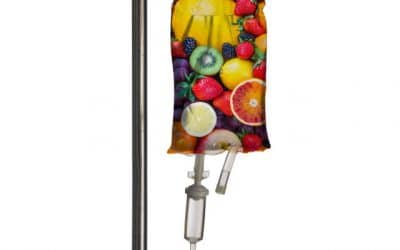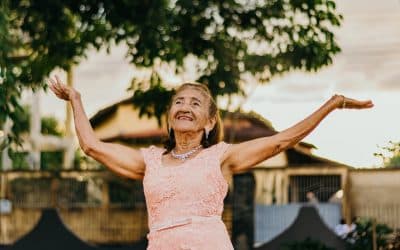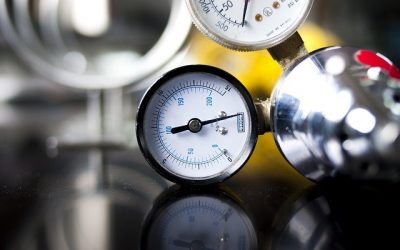Abstract Background: Anxiety and depression form commonest stress-induced psychiatric disorders. To combat the biochemical changes which occur as a result of stress, there is antioxidant defence in the biological system. Secondary defence is by the nonenzymatic...
Generalized Anxiety Disorder
The Impact of Thiamine Treatment on Generalized Anxiety Disorde
Abstract Objective: Patients with generalized anxiety disorder (GAD) are fearful. They constantly worried about minor matters, and they anticipate the worst. The GAD is diagnosed when a patient experiences excessive anxiety and worry for at least 6 months. The cause...
Hyperbaric oxygen attenuates apoptosis and decreases inflammation in an ischemic wound model
Abstract The molecular mechanisms whereby hyperbaric oxygen (HBO) improves ischemic wound healing remain elusive. In this study, a rat model of wound ischemia was used to test the hypothesis that HBO enhances wound healing by modulating hypoxia-inducible factor-1alpha...
P.3.041 Clinical and neurophysiological efficacy of neurofeedback in the combined therapy of anxiety disorders resistant to psychopharmacotherapy
Abstract The objective of this study was to assess clinical efficacy and safety of proproten in anxiety disorders in comparison with diazepam. A multicenter randomized open-label comparative trial was conducted in four clinical centers in Russia. A total of 247 male...
Decrease in serum cortisol during yoga exercise is correlated with alpha wave activation
Abstract We examined changes in brain waves and blood levels of serum cortisol during yoga exercise in 7 yoga instructors and found that alpha waves increased and serum cortisol decreased. These two measures were negatively correlated (r = -.83). Comparison with a...
Cortisol secretion is related to electroencephalographic alertness in human subjects during daytime wakefulness
Abstract To determine whether human hypothalamo-pituitary-adrenal axis activity is related to the alertness level during wakefulness, 10 healthy young men were studied under resting conditions in the daytime (0900-1800 h) after an 8-h nighttime sleep (2300-0700 h). A...



